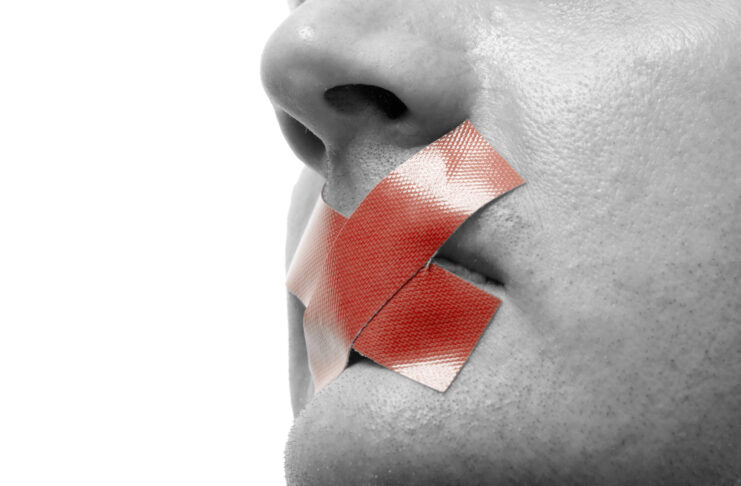There have been more stories about more authors whose works are being “sanitized” for the modern reader. Among the latest: Ian Fleming's James Bond novels, which, apparently, contain far too many problematic passages for today's easily offended public.
It's not a new problem – sensitivity readers (none dare call them censors) have been wreaking havoc on authors' works for some time.
And it's even applied to one of the most famous anti-censorship books of the last 100 years: Ray Bradbury's “Fahrenheit 451.” A version of the book was censored to protect impressionable public school kids from dangerous ideas and phrases…in the 1960s:
Starting in 1967, publisher Ballantine Books produced a second version of the text for consumption by high schoolers, omitting supposedly offensive curse words and a reference to a drunk. This version became known as the “Bal-Hi” edition, for Ballantine High School, and for several years it was available concurrently with the original text. In 1973, Ballantine began publishing only the Bal-Hi version, and it continued doing so until Bradbury, who had not consented to the publication change, complained in 1979.
It took a while, but the original version reappeared. But so, too, did the would-be censors:
Almost three decades later, with the original version of the book back on shelves, its use in schools was back up for debate. In 2006, several parents in the Conroe Independent School District in Texas protested the book's inclusion in the curriculum because of its language and its supposed denigration of firefighters. The school board eventually voted to keep teaching the book.
As for Bradbury's protest, Cato's David Boaz quotes the essay Bradbury wrote about his experience with the censors:
There is more than one way to burn a book. And the world is full of people running about with lit matches. Every minority, be it Baptist / Unitarian, Irish / Italian / Octogenarian / Zen Buddhist, Zionist/Seventh‐day Adventist, Women's Lib/Republican, Mattachine/Four Square Gospel feels it has the will, the right, the duty to douse the kerosene, light the fuse. Every dimwit editor who sees himself as the source of all dreary blanc‐mange plain porridge unleavened literature, licks his guillotine and eyes the neck of any author who dares to speak above a whisper or write above a nursery rhyme.
Fire‐Captain Beatty, in my novel Fahrenheit 451, described how the books were burned first by minorities, each ripping a page or a paragraph from this book, then that, until the day came when the books were empty and the minds shut and the libraries closed forever.
“Shut the door, they're coming through the window, shut the window, they're coming through the door,” are the words to an old song. They fit my life‐style with newly arriving butcher/censors every month. Only six weeks ago, I discovered that, over the years, some cubby‐hole editors at Ballantine Books, fearful of contaminating the young, had, bit by bit, censored some 75 separate sections from the novel. Students, reading the novel which, after all, deals with censorship and book‐burning in the future, wrote to tell me of this exquisite irony. Judy‐Lynn Del Rey, one of the new Ballantine editors, is having the entire book reset and republished this summer with all the damns and hells back in place.
The sensitivity police – smiling, caring and each one a blue-nosed censor – will never disappear. Neither will the writers challenging them, which makes this a great time to re-read Fahrenheit 451.
The opinions expressed in this article are those of the author and do not necessarily reflect the positions of American Liberty News.
READ NEXT: Pentagon UFO Chief Makes Bombshell Accusation, Straight From Hollywood Movie Studio



NOT sensetivity readers Paid to Censor.
BS
Banning and censorship of books is not only stupid, it is Big Brother’s thin end of the wedge. An author knows very well what he wants to say and if you object, then don’t buy the book. And like good old Herman Cain used to say with fervor to revisionists of history: ‘Quit dreaming of a better past.’